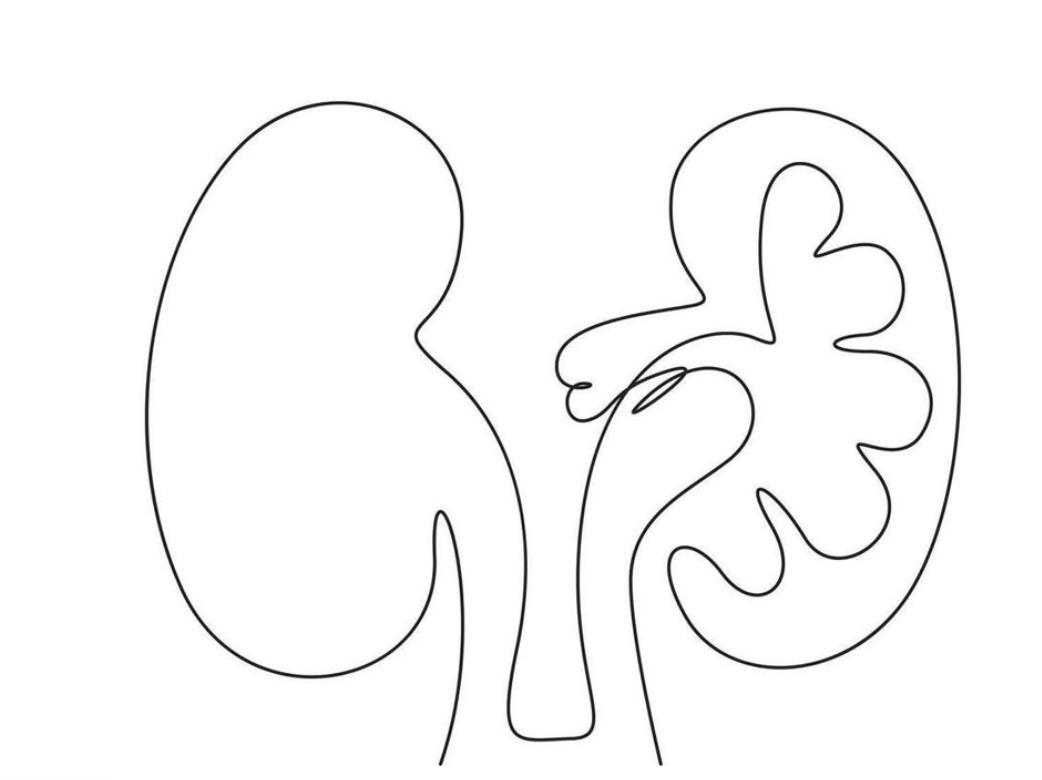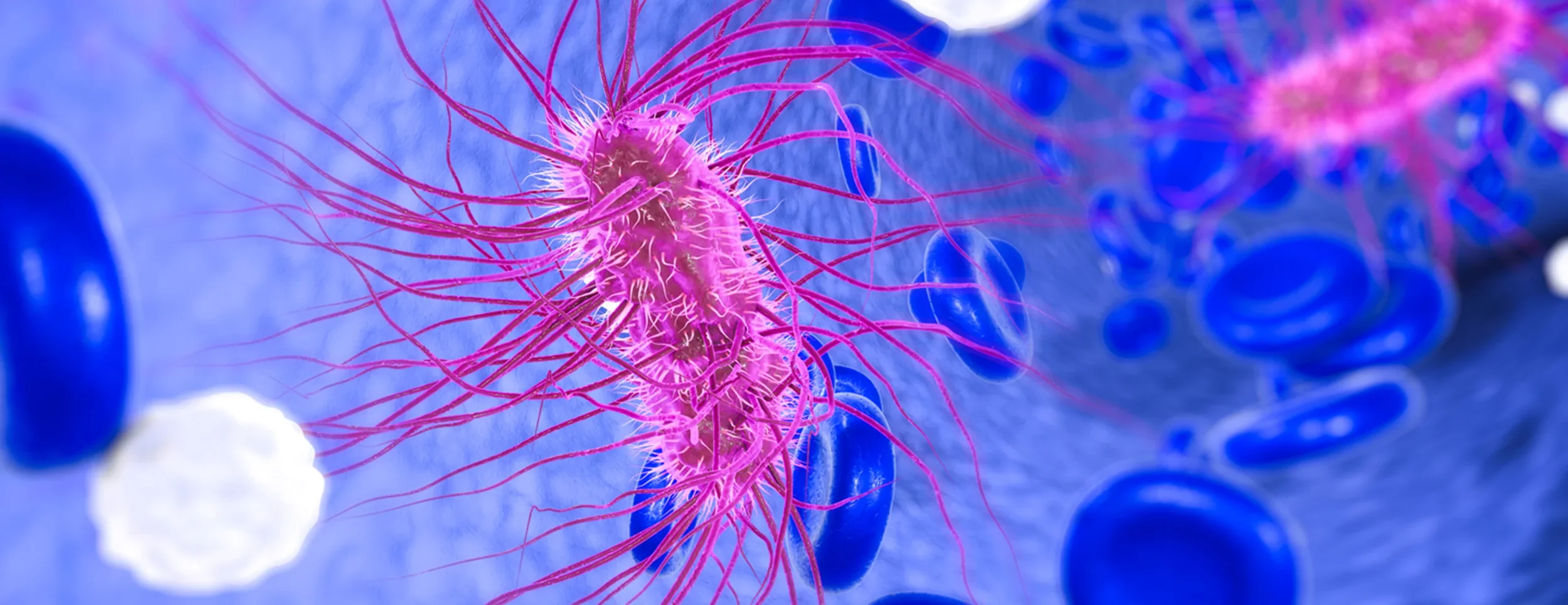Photo: https://www.ucsfhealth.org/education/e-coli
The incubation period for E.coli is usually between 3 to 8 days. Most people recover within about 10 days, but in some cases—especially in young children and the elderly—it can lead to a serious complication called Haemolytic Uremic Syndrome (HUS). (Click on the HUS winglet to learn more.)
All About E.Coli
Also known as Escherichia Coli
E.coli is a bacterium that naturally lives in the intestines of humans and animals. Most strains are harmless, but some, like Shiga toxin-producing E.coli (STEC), can cause dangerous foodborne illness. Raising awareness about these harmful strains is important, as early recognition and prevention can save lives.
Primary Outbreaks of STEC:
Raw or undercooked ground meat products
Raw milk
Faecal contamination of vegetables
The illness is usually self-limiting, but in some cases it can develop into life-threatening conditions, including Haemolytic Uremic Syndrome (HUS), particularly in children and the elderly.
Symptoms:
Abdominal cramps
Diarrhoea (can progress to bloody diarrhoea)
Fever & vomiting (may also occur)
References:
photo: https://www.ucsfhealth.org/education/e-coli
Information: https://www.who.int/news-room/fact-sheets/detail/e-coli

